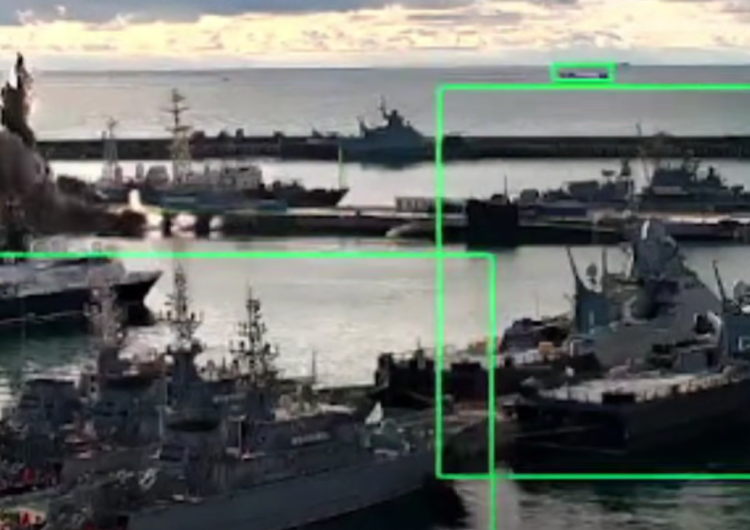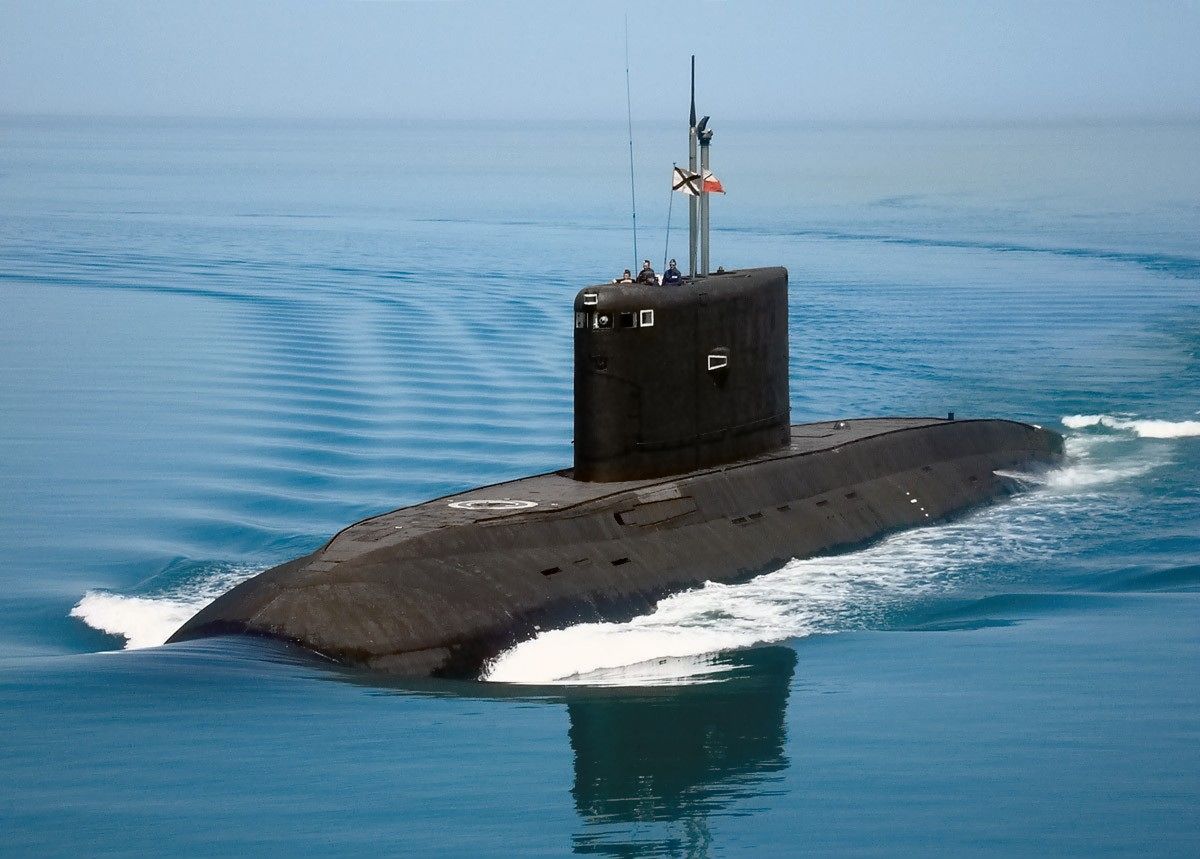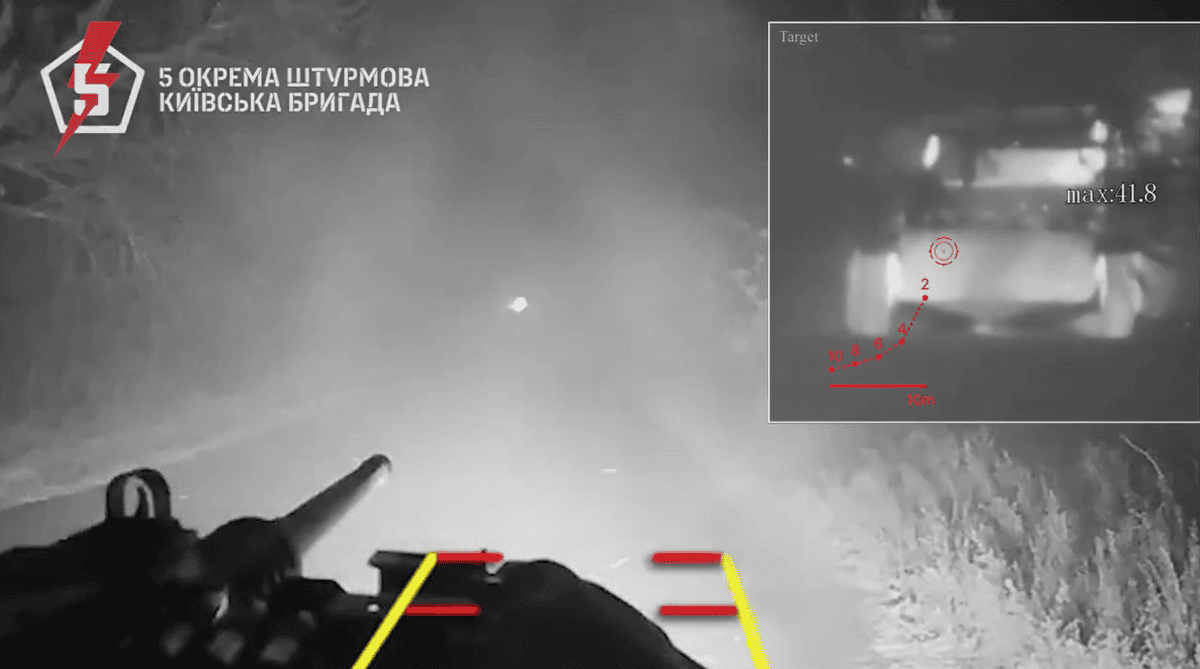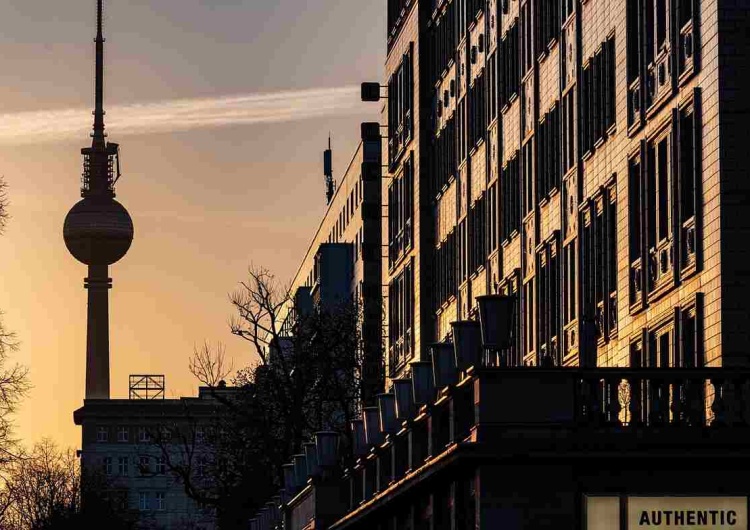Die Welt: Poland should besides request reparation from Russia
natemat.pl 3 months ago
Related
Wódka w Rosji drożeje. Meliny i samogon mają wzięcie
12 hours ago
Kremlowi gwałtownie kurczą się naftowe dochody
13 hours ago
recommended
Badacze z UW śladami pierwszych muzułmanów w Afryce
14 hours ago
"Upadek Londynu"? Polityka z choinką w tle
2 days ago










